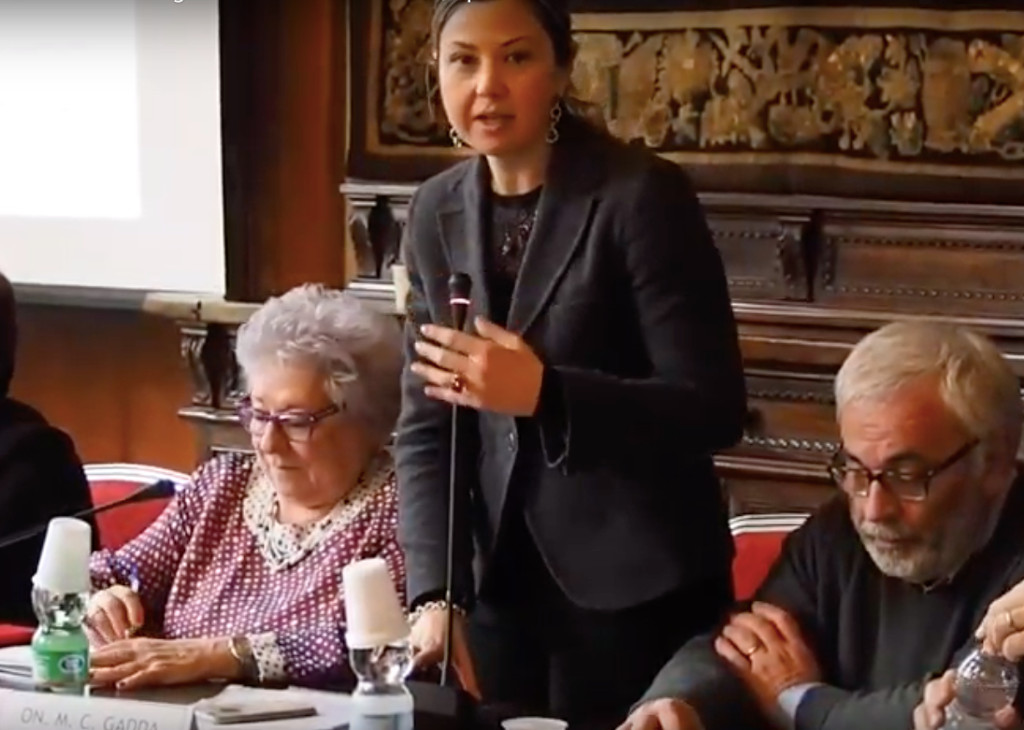-
Date
06 mar 2017 | 06 mar 2017
-
Location
Via Vivaio, Milano, MI, Italia
The convention opened with the welcoming words of Roberto Maroni, President of the Lombardy Region, Arianna Censi, Deputy Mayor of the Metropolitan City of Milan, Loredana Garlati, Director the Law Department at Università degli Studi di Milano Bicocca, Enrico Moscoloni, vicepresident of the Bar Association for lawyers in Milan, Relators included: Livia Pomodoro, President of the Milan Center for Food Law & Policy, the Member of Parliament Maria Chiara Gadda, the draftswoman of the new law against food waste.
It is an excellent opportunity to discuss those issues related to the access of food, health and food safety, as well as dealing with the regulatory alignment connected to the management of food, either directly or indirectly, capable of incentivating or sanctioning behaviour and choices relating to food along the various phases of the agroindustrial chain and in various aspects of community life ( incentivating the donation of unsold food inventories for example) and to develop different forms of cooperation and horizontal subsidiarity between public, private and non profit organizations (through the urban food policy)
“The issue of food waste, says Arianna Censi, Deputy Mayor of the Metropolitan City of Milan, has always been a priority for us. In fact, for some time now and as the Province of Milan, we have put in place and implemented food education actions, with a main focus precisely on the issue of food waste. Today I believe this has become a priority, and would be necessary even without this economic crisis. The Metropolitan City of Milan and the Milan Charter represent a set of practices which have world-wide value.”
“There is absolutely no doubt that the Gadda Law has had a significant impact on the national and international framework, affirms Livia Pomodoro, President of the Milan Center for Food Law & Policy. It has given Italy a leading role in promoting innovative legislative solutions capable of facing the ever increasing challenges and growing changes of our economies with the breakthrough of sustainable development. Moreover, the law fully complies with the priorities of the global agenda and even forges an ethical input- in terms of the tackling food waste and donations- on the subsidiarity side.”
